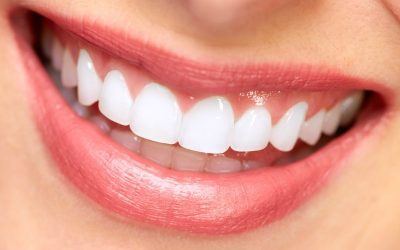Waterpik vs. Flossing
If you hate flossing, using a Waterpik may not be as bad. Waterpiks use pressurized water to scrub the exterior of teeth, peeling away plaque. Instead of mechanically cleaning with floss, some users prefer the feel of a Waterpik. However, there are advantages and disadvantages to each teeth-cleaning method. Their Evanston dental office can advise which one is the right choice for your situation.
Pros of Flossing
Flossing is the best way to remove food mechanically in most instances. It displaces leftover food and hidden plaque between the teeth and below the gum line.
Rubbing the floss up and down removes a biofilm that forms tartar if left unchecked. If you let the tartar grow unabated, it can even lead to periodontitis, otherwise known as gum disease.
Cons of Flossing
After restorations, flossing can be difficult, and people with braces also struggle. Trying to wiggle a wire beneath a bridge can require extreme precision. Therefore, patients miss spots when cleaning their teeth and around crowns or implants.
Pros of the Waterpik
The Waterpik uses water jets to blast particles from between teeth. In addition, it has uses that are specific to periodontal disease. The Waterpik can reach into deep crevices where floss fails. Plus, it works well when cleaning around heavily restored teeth.
Cons of the Waterpik
When first learning to use the Waterpik, it can be messy. This device has a learning curve, so prepare to clean up a few messes in the meantime.
Are you looking for an Evanston dental office? Please contact Stephens Dentistry today to learn more.



